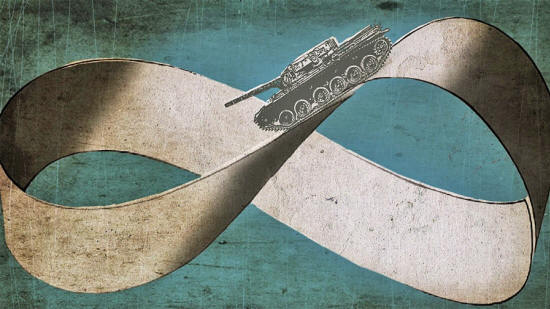|
from
JonRappoport Website
You remember. Bin Laden.
The whole outside crew that came in during the Soviet-Afghan War
and, trained and armed by the U.S., helped turn the tide against the
Russians. And then that crew went rogue. They built a network to
fight America.
He rang the bell on Libya with this pithy assessment:
The day after, the
U.S. left Libya in chaos, in the rear-view mirror.
The Pentagon and the CIA, which spend untold $$$ planning war scenarios and estimating consequences, never told Obama what would happen after the Libya attack?
If you buy that, I have condos for sale on Saturn.
Creating, backing, funding, supplying, advising, and lying about terrorists (ISIS, al Qaeda, etc.) is business as usual.
Ever since the covert
wars in
El Salvador and
Nicaragua in the early 1980s (and
you can go back farther if you want to), the Pentagon has been
game-planning and urging what they call "low-intensity conflicts"
and "proxy wars," in addition to the really big operations
like Iraq.
Waking up one day and saying,
Yes, politicians and military bureaucrats can be stupid, but not that stupid.
In the same way, the Obama administration's explanation for the gun-walking operation called Fast and Furious didn't cut it.
What? Go over that again?
You mean later, when the
cartel men actually killed people and the guns were left at the
scene, the U.S. government knew something it didn't already know?
Really? That's your story?
There was the claim about Saddam developing WMDs, which was used as the pretext for invading Iraq. There was the claim about Assad using chemical weapons on his own people, in 2013, which was debunked.
And now we have the claim
of another Assad-launched chemical attack on his own people,
which justified the Trump-ordered missile strike - and this
chemical-weapon "evidence" has several gaping holes in it (as I
detailed in
a recent article).
Consider 9/11.
No matter how you assign blame for that catastrophe,
There are indications the Taliban are now stronger than they were before the U.S. invasion of Afghanistan.
The giant MOAB bomb Trump's Pentagon just dropped is a step forward in the war? How so?
The Taliban strategy is simple.
It works. This is exactly
what the mujahedeen did during the Soviet-Afghan war of the 1980s.
It's no secret.
None of that is relevant.
|


